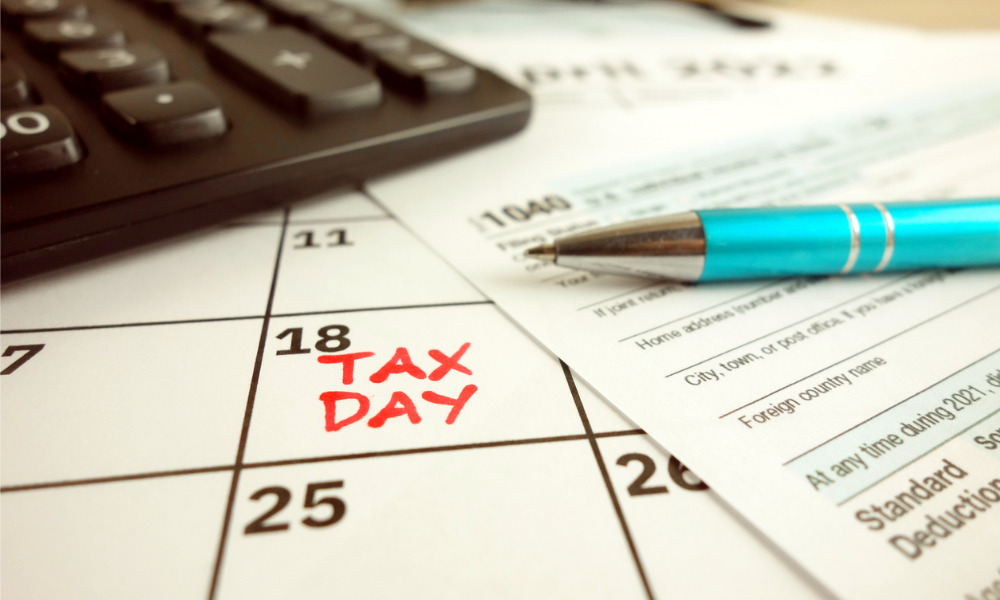H&R Block highlights new tax perks and credits to lessen financial strain on Canadians

A recent poll conducted by H&R Block reveals that even Canadians who believe they make a fair income are concerned about the cost of living and making ends meet.
Eighty-five percent of Canadians report their salary isn't keeping up with inflation, and 79% say that rising living costs make it difficult to pay for basic home necessities like food, petrol, and vital household items. More than half (58%) of Canadians are concerned about how rising interest rates would influence their capacity to pay off debt, such as credit card, loan, and mortgage payments - a concern that extends beyond basic expenditures.
Along with cutting back on spending, 28% of respondents have started a side business or gig to increase their income, and another 15% are considering starting one in the future.
"Canadians are reacting to inflationary and interest rate pressures with a push-pull mindset. Many are looking to curb their spending and seek out additional sources of income," said Peter Bruno, President, H&R Block Canada.
H&R Block highlights the several new and updated tax credits and deductions available to offset cost of living increases at a time when Canadians are increasingly more reliant on a tax refund and reducing any money due.
"More than ever, Canadians are relying on a tax refund to help ease their financial situation. The good news is there are many new and updated tax credits and deductions,” Bruno said. “But our research shows that Canadians are struggling to navigate these changes based on their personal situation and understanding their eligibility."
The basic rule is that monthly housing expenses, including rent or mortgage payments and related tax and energy bills, shouldn't be more than 30% of gross income. Yet according to the poll, nearly half of Canadians (47%) say they spend more than this only on rent or mortgage payments, with 15% spending between 40% and 49% and 14% spending over 50% of their monthly income on these expenses.
About two-thirds of individuals have trouble understanding new tax benefits, yet many expect to receive a tax return. Refund expectations are high despite this, with 41% of Canadians stating that they anticipate receiving a return this tax season.
Due to the financial strains they are under, 40% of Canadians rely on tax refunds. One-third (33%) of respondents say they are unsure of their financial situation and 39% believe they will have to pay taxes.
In comparison to 45% of Canadians who have built a tax nest egg and 6% of those who are unsure of their level of savings, over half (49%) of Canadians claim they don't have money set aside if they owe money this filing season. Most Canadians who anticipate receiving a tax return want to use it to cover their regular living expenditures.
To assist offset the rising cost of living, qualified Canadians have access to a variety of new policies and tax credits, including:
- Top up to the Canadian Housing Benefit
- Quarterly Canada workers benefit (CWB)
- New Canada Dental Benefit
- Income tax brackets changes
- Basic Personal Amount (BPA) increase
- TFSA and RRSP limits increase
"The call-out to all Canadians is to file your taxes as soon as possible to make sure you have the runway to fully understand all the new benefits and credits available to you this tax season.," said Bruno. "Last year, $37 billion was put back into the pockets of Canadians through tax refunds. That number could be even higher this year."



